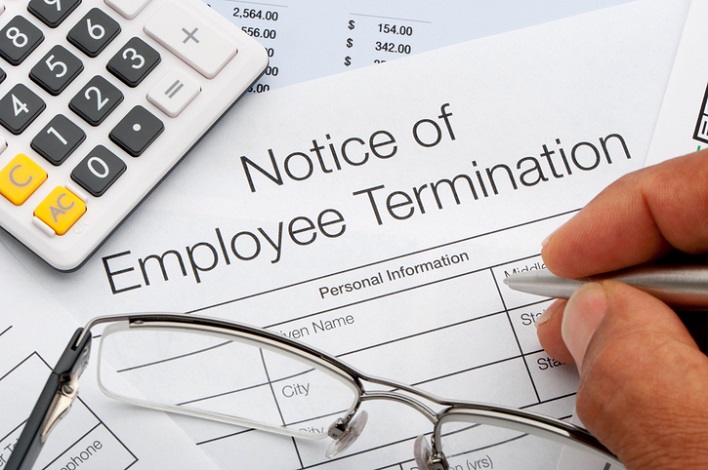What you need to know to avoid litigation—and sleep better tonight.
When you run a small business, having committed, reliable, highly engaged employees on your team has tremendous impact on the company’s ability to achieve its goals. Every employee’s performance and attitude make a difference in the company’s culture and progress. Sometimes, though, you encounter an employee who isn’t living up to your expectations.
Consider this scenario: After multiple meetings with HR and several restless nights, you’ve made the difficult decision to fire an employee. Unfortunately, the stress doesn’t stop there.
Now you have to be concerned with how you fire him: Are you taking the proper precautions to avoid retaliation or litigation? Recognizing that, in a small business, an employee termination can affect other employees’ morale, how can you ensure as little disruption as possible among his co-workers? Will the decision be perceived as fair and justified?
Thankfully, there are steps you can take to ensure your business handles the situation legally and respectfully with as little workplace turbulence as possible:
Avoid knee-jerk decisions // Kansas, Missouri and most other U.S. states are employment-at-will. That means that, as long as the impetus for the termination is not illegal (e.g., involving race, gender or some other kind of discrimination) and there is no union or employment contract, it’s your prerogative to fire the employee without cause.
Further, although a company’s employment policies may recommend a series of warnings for infractions that eventually could lead to termination, most policies allow the company to skip the warning steps at its own discretion.
That doesn’t mean employee terminations should be cavalier. Quite the opposite, in fact. Firing an employee without the company following its own policies or without a good reason may set the company up for a lawsuit.
Before you decide to terminate an employee, ask yourself these six important questions:
- What is the motivation for the discharge?
- Do we have adequate documentation to support the decision?
- What is the employee’s background and history with the company?
- Have I followed company policies and disciplinary procedures?
- Am I treating all other employees the same? (For example, if firing for a policy violation, should any other employee also be fired for the same abuse of the rules?)
- Will firing this individual ultimately help achieve business objectives?
Once you’ve answered those questions, you may decide it’s best to put the employee on notice and, during a probation period, give her an opportunity to improve. If you do, make sure you have the communication documented, dated and signed by the employee.
Tread lightly if medical circumstances are involved // Be extremely careful before terminating employees whose ability to perform a job may be limited by physical or mental impairments. The decision to discharge an employee because of medical circumstances should only be made by leaders who are familiar with Americans with Disabilities Act requirements.
Give the employee an opportunity to tell his or her side of the story // Say you refuse to hear out an employee who gets fired and that employee subsequently files an employment claim against the company. You’ve given the employee’s attorney a chance to argue in court that you wouldn’t talk to the employee. Before you terminate an employee, always give him an opportunity to explain his conduct or performance.
Tell as few people as possible // Employees can be volatile when they learn they are going to be terminated. Ensure they do not find out about your plans from a secondhand source. Keep personnel decisions limited to a small group of managers and stress the need to keep these decisions under wraps.
Get the employee’s paperwork in order // Ensure an employee’s final notices, such as COBRA information, final pay, benefits administration, nondisclosure agreements, etc., are completed, filed and issued correctly.
Anticipate questions // The actual firing always will be the hardest step. The employee is likely to be upset and defensive and to have questions once you deliver the news. Anticipate this and answer any questions respectfully and succinctly. Being concise is important. Otherwise, you might say something that could land your company in hot water.
Finally, let respect and dignity be your guides // If you are uncertain about how to proceed in a certain situation, seek counsel from an employment law attorney. In the meantime, remember the most important rule of all: How you issue a termination often influences the employee’s reaction. A former employee who feels he has been treated fairly and respectfully is less likely to file a lawsuit.


